The North Korea-Russia Comprehensive Strategic Partnership Treaty comes into effect, the South Korean opposition party sets a date for the impeachment of the President, China supports Cambodia's Funan Techo canal project, Hamas threatens to "neutralize" hostages... are some of the notable international events in the past 24 hours.
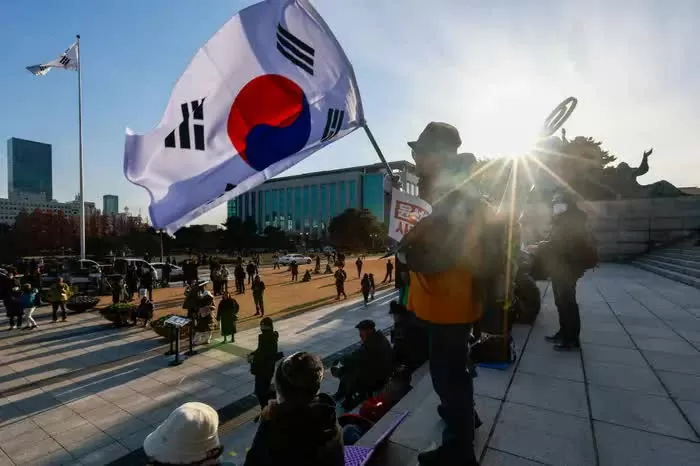 |
| Anti -government protesters in Seoul, December 4. (Source: Getty Images) |
The World & Vietnam Newspaper highlights some of the day's international news highlights.
Asia- Pacific
*The North Korea-Russia Comprehensive Strategic Partnership Treaty comes into effect : The Korean Central News Agency (KNCA) reported that on December 4, a ceremony was held in Moscow to exchange documents ratifying the Comprehensive Strategic Partnership Treaty between North Korea and Russia, signed by the leaders of the two countries in Pyongyang on June 19, 2024.
According to Article 22 of the treaty, the treaty will enter into force on December 4, 2024, the date of exchange of instruments of ratification. The Treaty of Friendship, Good Neighborliness and Cooperation between the DPRK and Russia, signed on February 9, 2000, has expired.
KCNA affirmed that the strong DPRK-Russia relations based on the comprehensive strategic partnership treaty will be a powerful security tool for promoting the welfare of the people of the two countries, easing regional tensions and ensuring international strategic stability. (KCNA)
*Chinese Embassy in the Philippines issues security warning: The Chinese Embassy in the Philippines issued a travel warning on December 5, advising Chinese citizens to exercise caution due to the increasing insecurity situation in the Southeast Asian country.
"Recently, there have been security issues in some areas of the Philippines. Occasional incidents of looting and assault have occurred," the embassy said in a statement.
The embassy advised Chinese citizens currently in the Philippines and those planning to visit the country to be vigilant, keep their personal documents and valuables safe, and avoid visiting casinos and places "providing sexual services." (Sputniknews)
*South Korean opposition party sets date for impeachment of President: On December 5, Chosun Ilbo reported that South Korea's main opposition Democratic Party plans to vote to impeach President Yoon Suk Yeol at 7 p.m. on December 7 (local time).
Earlier, the opposition party officially submitted a bill to impeach President Yoon to the country's National Assembly, following the president's unsuccessful attempt to impose martial law. (Yonhap)
*Japan protests Chinese ship trying to approach fishing boat near Senkaku: On December 5, Japan said it had sent a strong protest note to China after a Chinese coast guard ship entered Japanese territorial waters around the Senkaku Islands in the East China Sea and tried to approach a Japanese fishing boat operating there.
Japanese Chief Cabinet Secretary Yoshimasa Hayashi said China's actions violated international law, and described the ships' intrusion into Japanese waters as "unacceptable".
According to Mr. Hayashi, two Chinese coast guard ships entered Japanese territorial waters early on the morning of December 5, forcing the Japan Coast Guard to deploy ships to ensure the safety of Japanese fishing boats. (Kyodo)
*Philippines sends diplomatic note protesting China over incident in East Sea: The Philippine Foreign Ministry said on December 5 that it had sent a diplomatic note to protest China over the incident at sea that occurred on December 4 at a disputed shoal in the East Sea.
China and the Philippines traded accusations on December 4 over a clash in the South China Sea near Scarborough Shoal, the latest flare-up in a long-running and escalating dispute.
According to data from the Philippine Department of Foreign Affairs, this is the 60th protest note that Manila has sent to Beijing this year, and the 193rd since President Ferdinand Marcos Jr. took office in 2022. (Reuters)
*South Korean police investigate President over 'rebellion' allegations: South Korean National Bureau of Investigation Director Woo Jong-soo announced on December 5 that the country's police have begun investigating President Yoon Suk Yeol over his decision to declare martial law after the opposition filed a complaint against him.
"We will carefully conduct the investigation based on the law and procedures," Woo was quoted as saying by the Chosun Ilbo newspaper. Woo added that the situation was "unprecedented," so the investigation had been handed over to the security department.
On December 3, President Yoon Suk-yeol unexpectedly declared martial law, citing the need to fight against "pro-North Korea elements," but the order was lifted after about six hours. On December 4, the opposition initiated impeachment proceedings, arguing that Yoon had violated the constitution because there was no justifiable reason to declare martial law. (TASS)
*China supports Cambodia's Funan Techo canal project: RFI Khmer on December 4 quoted Cambodian Senate President Hun Sen as saying that Chinese President Xi Jinping expressed his support for Cambodia's Funan Techo canal project. Mr. Hun Sen's statement was made after meeting with Mr. Xi Jinping during his three-day visit to China from December 2-4.
According to RFI , the Funan Techo Canal Project was finally confirmed by China's top leader, President Xi Jinping, at a meeting with Mr. Hun Sen, President of the Senate and President of the ruling Cambodian People's Party, on December 3.
Mr. Hun Sen emphasized on his personal Facebook page a message of thanks to President Xi Jinping for supporting the Funan Techo Canal project. Mr. Hun Sen said that this project helps Cambodia become independent in the field of water transport and brings many other economic benefits. (RFI Khmer)
*Nepal, China sign BRI framework agreement: Nepal and China officially signed a cooperation framework agreement under the Belt and Road Initiative (BRI) on December 4. This is a move expected to open up opportunities for implementing important projects between the two countries, taking place during the official visit to China of Nepalese Prime Minister KP Sharma Oli.
The deal marks a major step forward after the two sides signed a BRI agreement in 2017, but no projects have been implemented so far.
The framework agreement paves the way for the construction of the Trans-Himalayan Multidimensional Connectivity Network and other infrastructure projects, transforming landlocked Nepal into an international trade hub, officials said. ( THX)
Europe
*Ukraine imposes sanctions on many senior Georgian officials: Ukrainian President Volodymyr Zelensky on December 5 announced the imposition of sanctions on former Georgian Prime Minister Bidzina Ivanishvili and several members of the country's government.
Mr Zelensky imposed sanctions on 19 individuals, including the head of the national security agency and the interior minister. President Zelensky stressed: "These are sanctions against the part of the Georgian government that is handing over the country to (Russian President Vladimir) Putin."
Tensions in Georgia have led to clashes between protesters and police since the ruling party announced the suspension of negotiations on the former Soviet republic's accession to the European Union (EU). (Sputniknews)
*French National Assembly votes no-confidence in Prime Minister: On the evening of December 4 (local time), French National Assembly members conducted a vote of no-confidence, forcing Prime Minister Michel Barnier to resign and his government to collapse. A total of 331 members of parliament, mainly from the coalition of left-wing parties NFP and far-right party RN, voted in favor, surpassing the 289 votes needed for the vote of no-confidence to take effect.
Under the French Constitution, Mr Barnier must now submit his resignation to President Emmanuel Macron, and the resignation will be automatically accepted.
Prime Minister Barnier has become the first French prime minister to be forced to resign by a vote of no confidence since 1962. (THX)
*Russia warns Japan about weapons supplied to Ukraine: The Russian Embassy in Japan said that missiles for the Patriot air defense system that Japan transferred to the US could be transferred to the Ukraine conflict zone.
The Russian diplomatic agency said that the above Japanese weapons were intended to compensate for the reduction in US weapons transferred to Kiev, but could end up in Ukraine. The Russian diplomatic representative emphasized that Moscow would consider this a hostile act and affect Russia-Japan relations.
Starting this year, Japan will be able to sell weapons and components produced under their licenses to other countries. With the US, the contract is a condition that prohibits supplying missiles to Kiev without Tokyo's permission. (TASS)
*The Netherlands to provide an additional $23 million to strengthen Ukraine's defenses: Dutch Foreign Minister Caspar Veldkamp said the country has decided to provide an additional 22 million euros ($23.1 million) for projects to strengthen Ukraine's air defense and cybersecurity.
In late November, the Netherlands delivered three Patriot air defense launchers to Ukraine and provided 88 million euros to purchase mobile air defense systems for Kiev. In early October, Dutch Defense Minister Ruben Brekelmans announced that the country would provide 400 million euros to purchase drones for Ukraine. The total amount of military aid provided by the Netherlands to Ukraine has reached 3.76 billion euros. (Sputnik)
* US, EU provide $50 billion to Ukraine from Russian assets: US Secretary of State Antony Blinken said at a press conference on December 4 that the US and the European Union (EU) are ready to transfer $50 billion from frozen Russian assets to Ukraine in the coming weeks. These funds should become an important source of finance for Ukraine's economy and defense by 2025.
“We are working to ensure that the $50 billion that Russia has frozen is quickly released to support Ukraine. That money will come from us and our European allies in the coming weeks,” Mr. Blinken said.
Secretary Blinken stressed that Ukraine’s international partners continue to work to provide the country with all the resources it needs to confront Russia. He said the funding would be used not only to stabilize the economy but also to purchase critical military equipment for the Armed Forces of Ukraine (VSU). (Reuters)
Middle East-Africa
*Iran affirms closer cooperation with China and Russia: Speaking with Chinese Vice Premier Zhang Guoqing who is visiting Iran, President Masoud Pezeshkian on December 4 affirmed that Tehran will expand cooperation with Beijing and Moscow to confront geopolitical pressure from the West.
According to information from the Iranian Prime Minister's Office, Mr. Pezeshkian affirmed his readiness to expand relations with China and Russia to counter "unilateralism" from the US. At the same time, Mr. Pezeshkian pledged to implement the 25-year comprehensive cooperation agreement with China, signed in March 2021.
This is Mr. Truong Quoc Khanh's second official visit to this Middle Eastern country this year. (Al Jazeera)
*Iran and Egypt discuss situation in Syria: Iran's Foreign Ministry announced on December 5 that Foreign Minister Abbas Araghchi and his Egyptian counterpart Badr Abdelatty had a phone call to discuss the latest developments in Syria amid escalating military conflict between government forces and rebels in the country.
Iran-Egypt relations were severed in 1980 when Egypt granted asylum to Iranian Shah Mohammad Reza Pahlavi, who fled the country during the Islamic Revolution.
The two sides had previously been at odds after Egypt signed a peace treaty with Israel in the late 1970s. Relations between Tehran and Cairo warmed in 2010 but formal ties have never been restored. (Arab News)
*Syria: Fierce fighting around Hama city: The Syrian Observatory for Human Rights (SOHR) said that fierce fighting continued to break out on December 5 between Syrian government forces and Islamist rebels around the city of Hama - central Syria. By the evening of December 4, SOHR said that rebel gunmen had "surrounded Hama city from three directions".
Hama is strategically important to the army, acting as a buffer zone to protect the capital Damascus. The clashes came after rebels led by Islamist groups launched a lightning offensive that in just a few days captured significant territory, including Syria's second-largest city Aleppo, from President Bashar al-Assad's government. (AFP)
*Russian Foreign Minister visits EU for first time since Ukraine conflict broke out: On December 5, Russian Foreign Minister Sergei Lavrov arrived in Malta to attend the Organization for Security and Cooperation in Europe (OSCE) Conference, marking his first visit to a European Union (EU) country since Moscow launched a military campaign in Ukraine in 2022.
Ukrainian Foreign Minister Andriy Sybiga and US Secretary of State Antony Blinken will also attend the conference. However, Mr. Blinken will not meet Mr. Lavrov.
Founded in 1975 to ease East-West tensions during the Cold War, the OSCE now has 57 members. However, the organization is currently struggling with Russia's veto of key decisions. The positions of Secretary-General and three other senior officials have been vacant since September due to a lack of consensus on a successor. (AFP)
America - Latin America
*Venezuela: Opposition accuses police of besieging Argentine Embassy: On December 4, the Venezuelan opposition accused the country's police of besieging the Argentine Embassy in Caracas, where six members of the opposition have been staying since March.
Opposition leader María Corina Machado and former presidential candidate Edmundo González denounced that early on December 4 (local time), more than 20 police surrounded the area near the Argentine Embassy and criticized the Venezuelan government for "turning the diplomatic mission into a prison, in front of the world, in violation of all international agreements".
Ms. Machado and Mr. Edmundo González “urgently” requested the Argentine and Brazilian governments to intervene and devote “all efforts” to finding safe passage for the six people who had been granted political asylum by Argentina but were not allowed to leave the country by the Venezuelan government. On her social media account X, Ms. Machado also said that the Argentine embassy had been without power for more than 10 days. (AFP)
*Hamas threatens to "neutralize" hostages: According to the Times of Israel on December 4, the Hamas movement said it had information that Israel intended to carry out a hostage rescue operation similar to the one conducted at the Nuseirat camp in Gaza in June 2024; threatening to "neutralize" the hostages if the operation took place.
In an internal announcement, Hamas directed its members to act harshly against the hostages without worrying about the consequences; at the same time, it affirmed that Israel would be responsible for the fate of the hostages if it launched an attack on Hamas. (Al Jazeera)
*Israel denies sending negotiating delegation to Egypt: On December 4, Israeli security officials announced that they were not aware of any Israeli delegation scheduled to visit Egypt on December 5.
Earlier, Qatar's al-Araby al-Jadeed news agency reported that an Israeli delegation led by Shin Bet Security Director Ronen Bar will arrive in Cairo on December 5 to negotiate a hostage ceasefire. The delegation includes a special envoy of Prime Minister Netanyahu. (Reuters)
*Syrian rebels control vital route and Russian radar station: In Syria, the terrorist groups Hayat Tahrir al-Sham (HTS) and the National Liberation Front (NLF) have captured two strategically important residential areas - Al-Mubaraqat and Sheikh Helal, located in the central part of the country.
In a related development, the HTS terrorist group announced on December 4 that it had captured the modern 48YA6-K1 "Podlet-K1" radar station, used to control the S-400 and S-300PMU-2 air defense missile systems.
The 48Ya6-K1 radar station, part of the high-tech S-300 and S-400 complexes, is designed to provide reliable airspace protection against strategic and tactical threats from the air, including ballistic missiles.
Experts note that this radar station is an important element not only for Russia but also for its allies in the framework of expanding airspace control zones. (Al Jazeera)
Source: https://baoquocte.vn/tin-the-gioi-512-trung-quoc-canh-bao-cong-dan-o-philippines-canh-sat-han-quoc-dieu-tra-tong-thong-quoc-hoi-phap-bo-phieu-bat-tin-nhiem-thu-tuong-296307.html


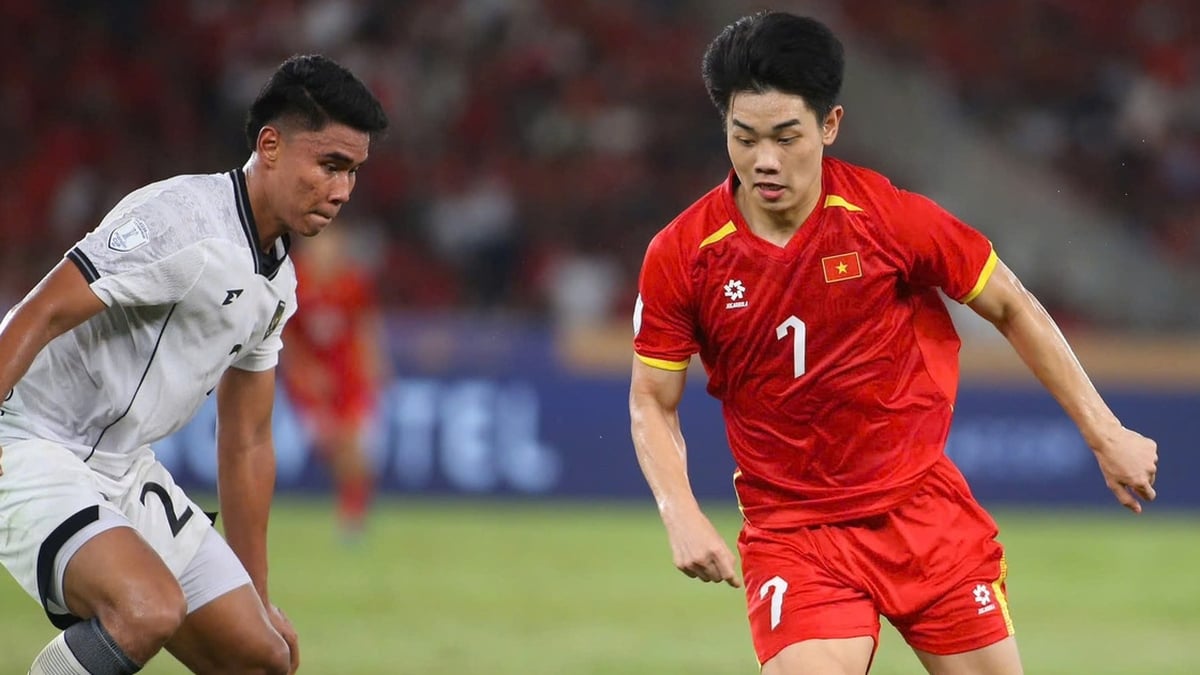

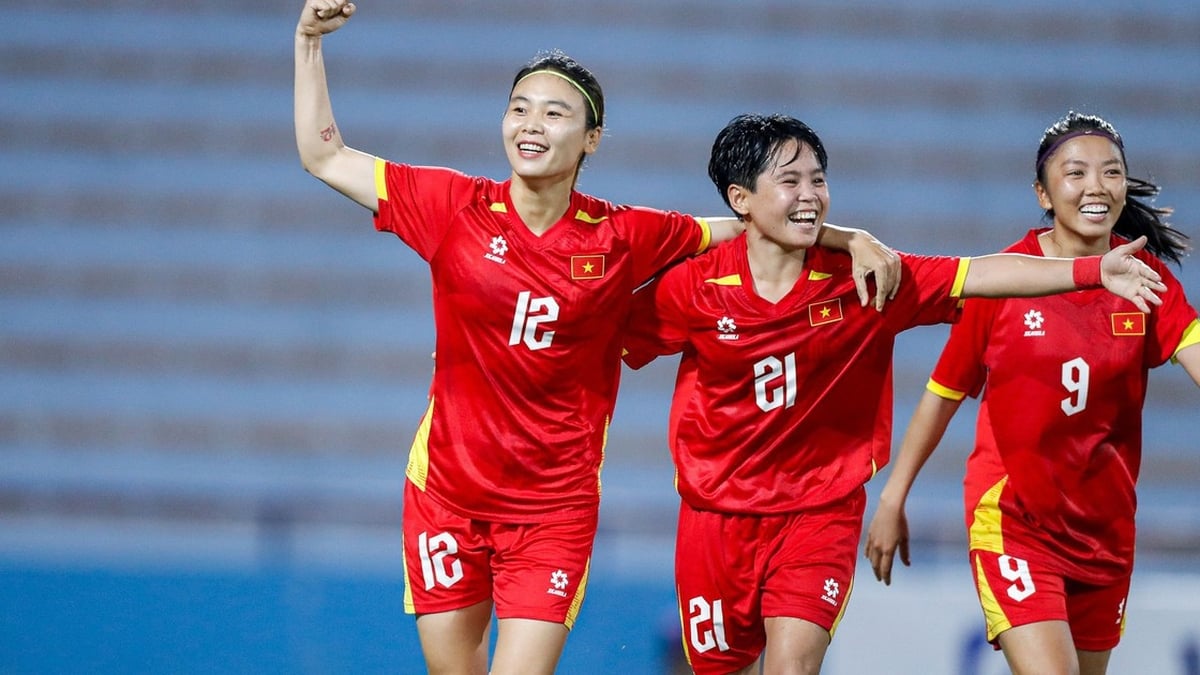
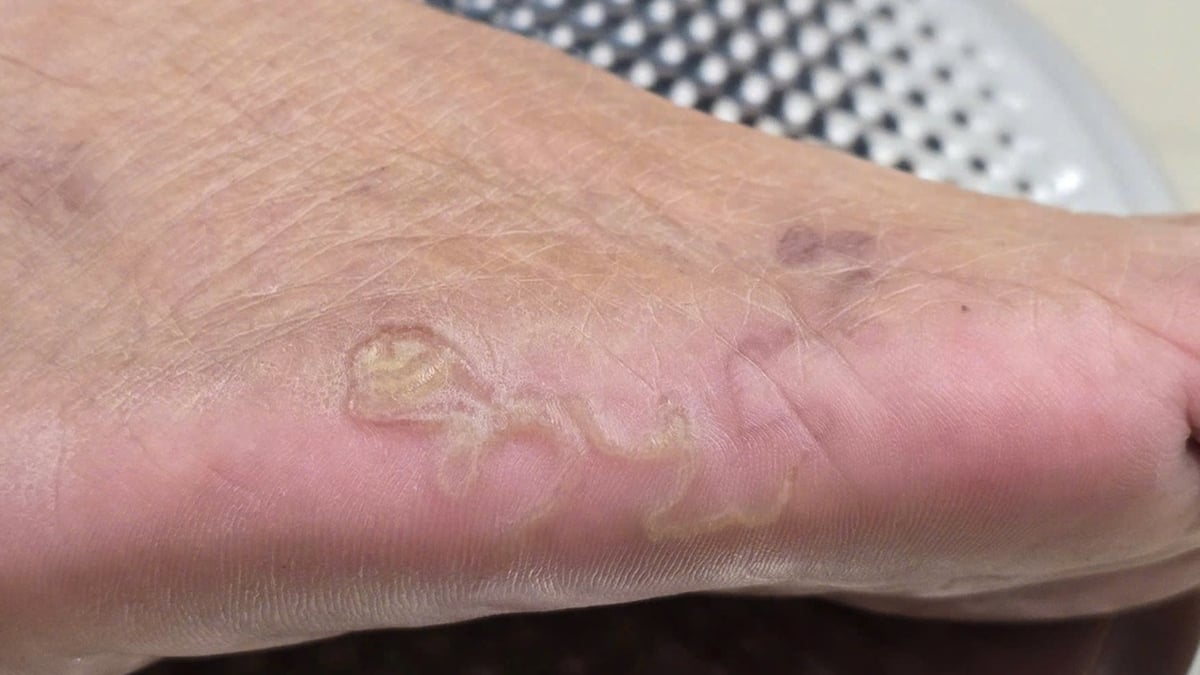

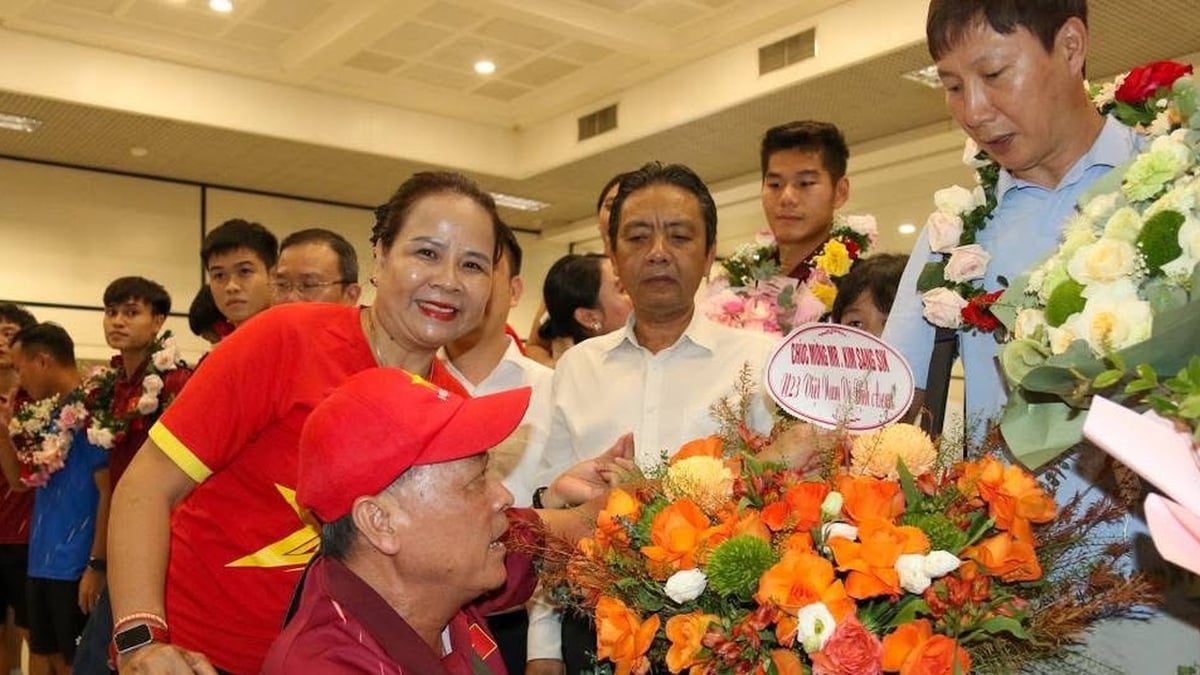
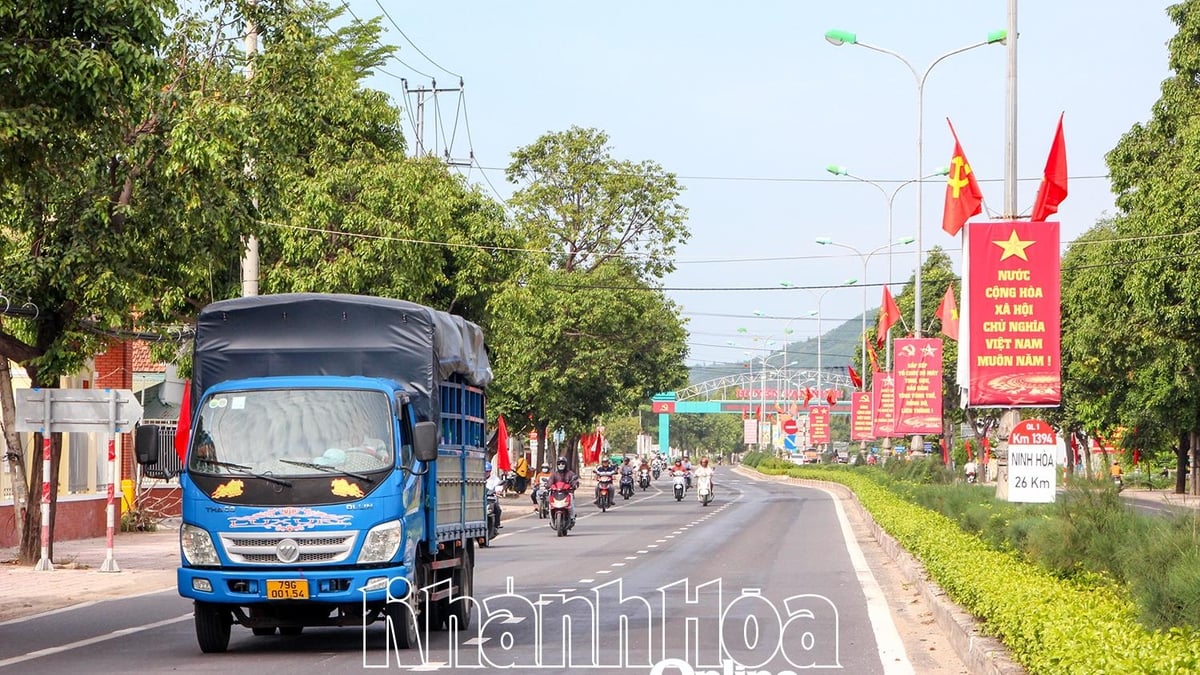















































![[Maritime News] Container shipping faces overcapacity that will last until 2028](https://vphoto.vietnam.vn/thumb/402x226/vietnam/resource/IMAGE/2025/7/30/6d35cbc6b0f643fd97f8aa2e9bc87aea)









































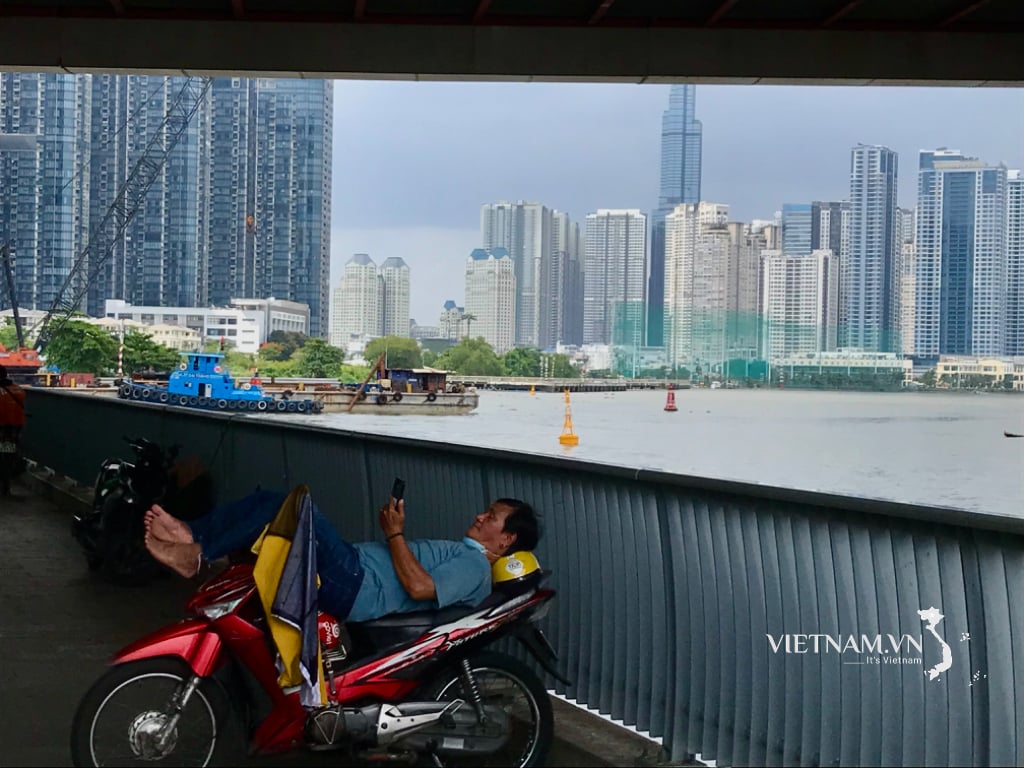
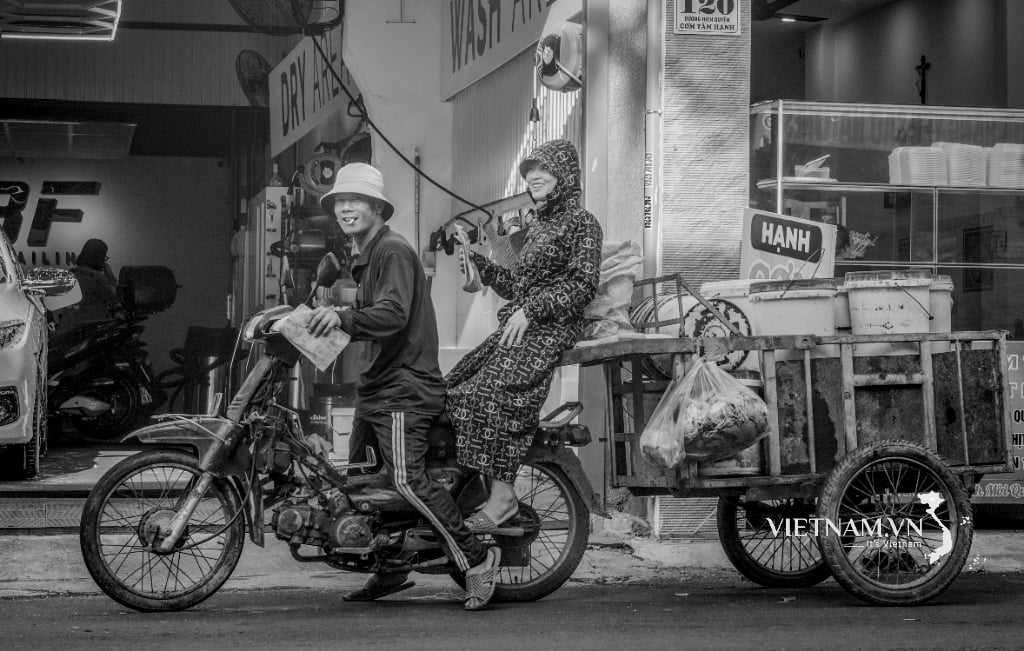


Comment (0)